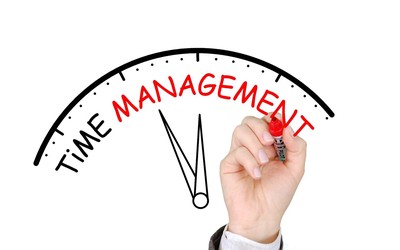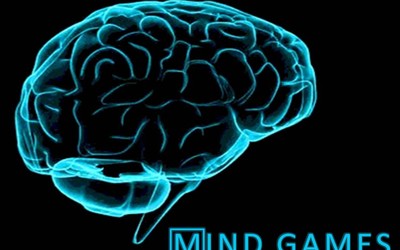
how to find a good move
apply Theas points in when you playingFinding the best move in chess requires careful analysis, strategic thinking, and good decision-making skills. Here are some steps you can follow to improve your chances of finding the best move:
1. Evaluate the position: Start by assessing the current state of the game. Consider the material balance, spatial control, king safety, pawn structure, and overall piece coordination. Identify imbalances or weaknesses in your opponent's position that you can exploit.
2. Set clear goals: Determine your short-term and long-term objectives based on the position evaluation. For example, targeting weak pawns, improving piece activity, activating your king, or attacking your opponent's king.
3. Consider different moves: Come up with a list of candidate moves. Analyze each possible move and its consequences. Look for tactical opportunities, positional advantages, and potential threats. Evaluate the risks and benefits associated with each move. Keep an eye out for checks, captures, and threats from both sides.
4. Calculate variations: Once you have identified potential moves, calculate possible variations to assess their outcomes. Think ahead and anticipate your opponent's responses. Consider multiple moves deep and visualize potential future positions. Pay attention to any tactics, forks, pins, or skewers that may arise.
5. Prioritize and compare: Compare the potential outcomes of each move and prioritize them based on their merits. Identify the moves that align with your goals, provide the maximum advantage, or create the most difficulties for your opponent. Don't rush and thoroughly analyze each option.
6. Trust your intuition: Sometimes, your intuition may guide you towards a move that seems promising, even if you can't calculate all the variations. Trust your instincts to a certain extent, especially if you have studied similar positions or patterns before.
7. Practice and study: The more you play and study chess, the better your decision-making will become. Engage in regular practice games, analyze your games, and learn from grandmasters' games and expert commentary. Study chess tactics, strategies, and different game phases to enhance your understanding and improve your ability to find better moves.
Remember, finding the best move in chess is often a challenging task, requiring analysis, creativity, and focused thinking. It's important to stay patient, maintain a calm mindset, and keep honing your skills through practice and learning.




